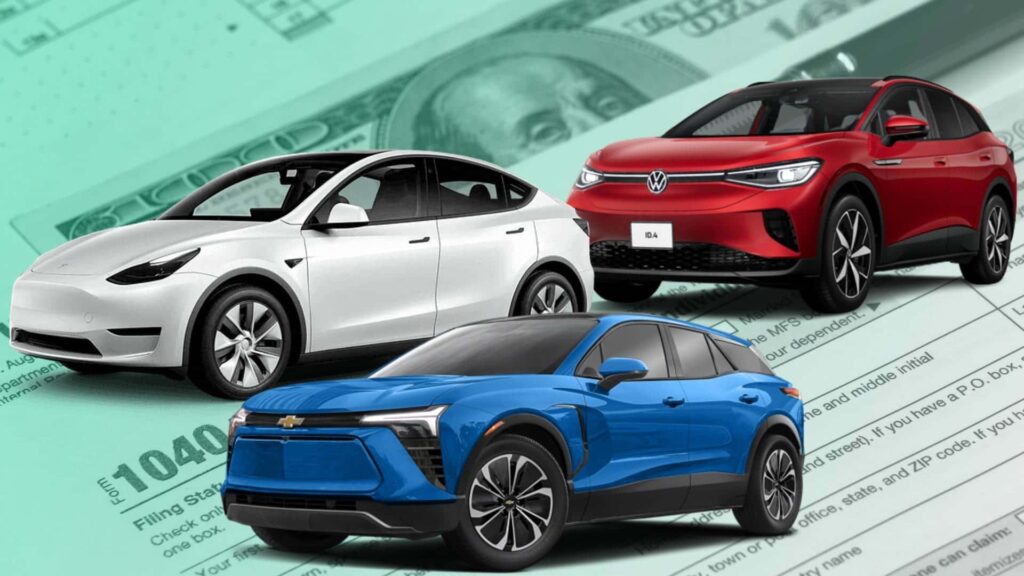J.D. Power’s recent study reveals the impact of tax credits on electric vehicle (EV) sales, with Volkswagen, Chevrolet, and Tesla emerging as the top beneficiaries. The study indicates that tax incentives played a crucial role in motivating consumers to purchase EVs from these automakers. On the other hand, Hyundai, Kia, and Toyota EV buyers were less influenced by tax credits when making their purchasing decisions.
The impending repeal of the electric vehicle tax credits by President-elect Donald Trump has raised concerns about the potential impact on EV sales. Despite Trump’s plan to eliminate these incentives, even Tesla CEO Elon Musk, who was once a supporter of the credits, now seems to align with this decision. However, J.D. Power’s data suggests that Tesla’s sales could suffer significantly if the tax credits are discontinued.
The report highlights that tax credits were a primary factor in driving EV purchases for Volkswagen (81%), Chevrolet (77%), and Tesla (72%) buyers. These credits, which could amount to up to $7,500 per EV purchase or lease, have been instrumental in making electric vehicles more affordable for consumers. The study also notes that the premium vehicle segment, which includes Tesla models, benefitted the most from these tax incentives.
Interestingly, Hyundai, Kia, and Toyota EV buyers showed less reliance on tax credits, with only a fraction of them being motivated by these incentives. This could be attributed to the fact that these automakers do not produce their EVs in North America, a requirement to qualify for the tax credits. Additionally, Hyundai and Kia have been offering aggressive discounts on their EVs, further reducing the dependence on tax incentives for their buyers.
The study also underscores the confusion surrounding EV tax credits among consumers, with many expressing a lack of understanding about the incentives. This lack of clarity, coupled with the impending repeal of the tax credits, could lead to a reset in the auto industry’s EV sales strategies. However, the data indicates that these incentives have been instrumental in driving EV sales and saving consumers money.
In conclusion, J.D. Power’s study sheds light on the significant role tax credits play in influencing EV purchases and highlights the potential consequences of their removal. As the industry navigates these changes, it will be crucial to address consumer confusion and explore alternative strategies to promote EV adoption in the absence of tax incentives.

